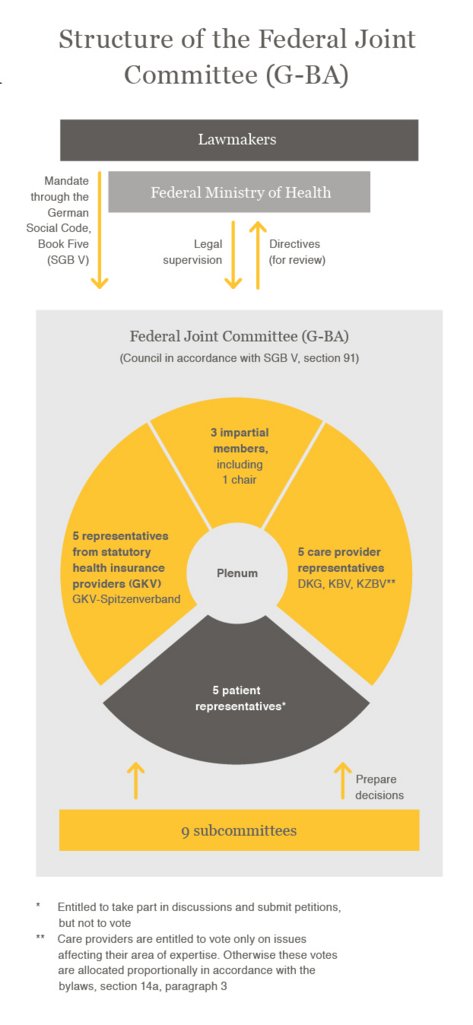 ©the rock - stock.adobe.com
©the rock - stock.adobe.com
European standardisation of healthcare services
ed* No. 03/2017 – Chapter 3
European Standards which are relevant to healthcare are still mostly found in industrial medical devices including digital applications (known collectively as ‘medical technologies’), as well as in IT systems for communication between the various contact points in the health system.
Compared with goods, the European standardisation of services has progressed far less. This particularly applies to the core of healthcare, namely healthcare services including their definition, technical specifications, quality standards, clinical directives and their implementation. It is no coincidence that the European Institutions have been rather reserved about this in the past. According to the European Treaties, health policy is essentially the domain of the Member States; the European level plays a supplementary and coordinating role.
However, there is now a clear tendency towards opening up the core area of health to the standardisation market. Although the European Commission has stated that it does not intend to give the European Standardisation Institute a mandate to standardise health services, the Commission does support standardisation projects initiated by other parties. Above all, the ‘sale’ of standards to potential users is a lucrative business model that the standardisation institutes are reluctant to miss out on. Incidentally, the health systems of the Member States could be harmonised as a result, thus opening them to global competition. In recent years, individual member organisations of CEN have successfully launched various horizontal and sector-specific standardisation initiatives. This is done with the backing and support of the Advisory Board on Healthcare Services (ABHS). The first of these are standards for homeopathy and aesthetic surgery. These have not only come under heavy criticism from experts but also violate German law in a number of areas. Other standards are in the pipeline.
At the end of 2014, the European Standardisation Institute (CEN), in conjunction with European stakeholders, began developing a strategy for the standardisation of health services. The work ended tentatively at the start of 2016 with the explicit conclusion that consensus could not be reached among the stakeholders. Nevertheless, CEN continued its work on the draft strategy. It addressed the concerns of critics in so far that it initially excluded clinical guidelines from standardisation. Towards the end of 2016, CEN’s Technical Board set up a new working group which included the European umbrella associations of the social insurance institutions, albeit with observer status only. The European Social Insurance Platform, of which the German Social Insurance is a member, is also involved in the working group.

The following meetings of the CEN Healthcare Services Focus Group left little hope of an ‘open-ended discourse’. The interests of the commercially-oriented standardisation and certification industry are often in sharp contrast to the positions taken by most of the other invited representatives from the insurance funds and service providers. Their respective European umbrella associations sent a joint letter to the Focus Group prior to its first meeting in March 2017 which included the following key points:
1. There is no room for European standardisation initiatives where primary or secondary legislation at national level already exists, including collective agreements between service providers and social insurance institutions.
2. Standards are only beneficial when the relevant interest groups and business stakeholders have already reached an agreement (market relevance).
3. European standards must not interfere with the Member States’ competence to define and organise their public healthcare systems.
Contrary to initial expectations, discussions have yet to be concluded and will continue through most of 2018. Nevertheless, the chair and secretariat of the focus group, which are in the hands of the standardisation industry (Norway and Austria respectively), have left no doubt that they are not impartial moderators but rather are acting in the interests of the standardisation organisations. For this reason, the European umbrella associations of the healthcare service providers and social insurance institutions are going to send a second joint letter to reach a broader public audience. Essentially, it is about the national policy makers retaining the competencies that private standardisation institutes want to take over.

